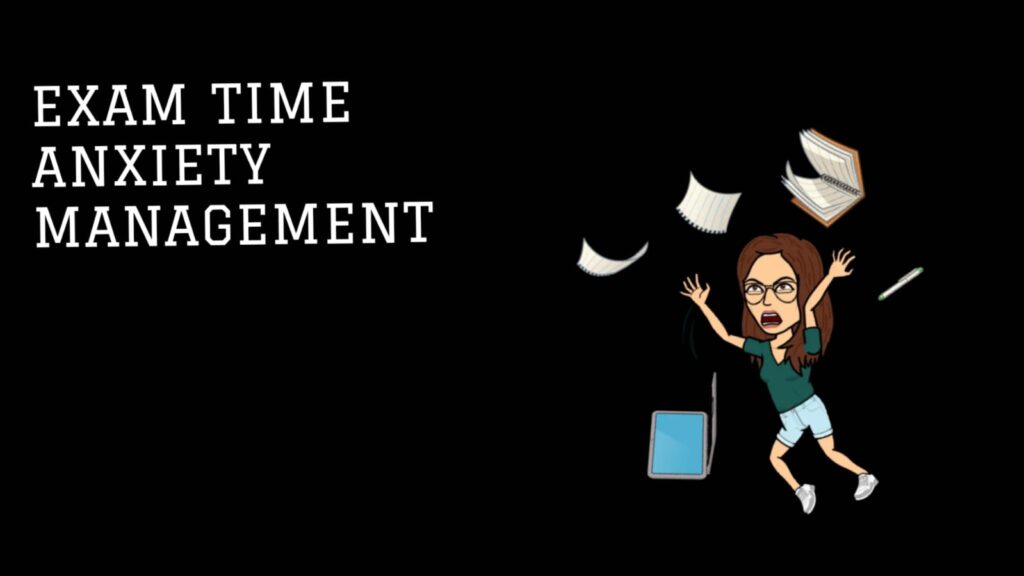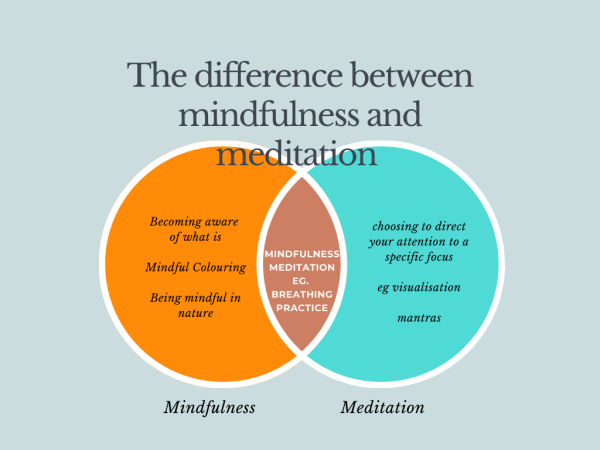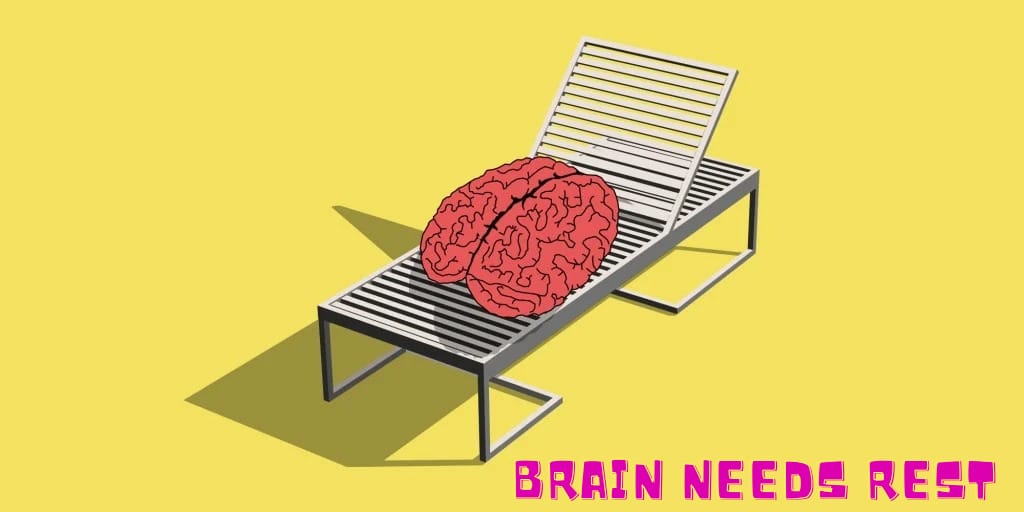by Eshneet Tiara

Walking around any examination centre there are always people who are intensely worried, at times vomiting or even fainting. Turning to their faith hoping for a suitable questionnaire or reading and re-reading continuously because of the pressure they feel. This exam anxiety is seen more and more among students at an increasing rate. Let’s try and understand it better and learn ways to manage it.
Phobia is an intense, uncontrollable and irrational fear of a specific object or situation. If we look at phobias closer, we will see the underlying issue to be anxiety. When we talk about anxiety, it is more general whereas phobia is when that intense fear is directed towards, in specific or related situations or objects. We all experience some level of anxiety or phobia in our everyday lives. The intensity can vary from a momentary jump scare while watching a horror movie to a crippling fear of dogs which restraints one to stay at home more to avoid running into one.
Examination phobia, which is also referred to as test anxiety, is when one experiences extreme stress, anxiety or fear before, during and even after an examination. A little anxiety can play the role of eustress and actually be helpful, motivating an individual to prepare better for the examination. Anxiety holds an evolutionary advantage. It forces an individual to avoid unnecessary risks, be safer and do things which increase one’s survival chances. Taking this approach, one can argue that in today’s world, especially when we are in school and college, examinations are seen as the thing to excel to be able to get a good job later and earn. Hence, excelling in examinations can be seen as a survival need.
The physiological signs associated with exam phobia can be:
| Head-aches | Stomach-aches |
| Nausea | Dry mouth |
| Diarrhoea | Panic attacks |
| Excessive sweating | Trembling and limbs become cold |
| Shortness of breath | Vomiting |
| Fainting | Restlessness |
| Rapid heart breath | Frequent urination |
A lot of people consider lack of preparation as the cause of exam phobia. It has been seen that not everyone who is intensely anxious about examinations are necessarily under-achievers who are under-prepared. Although intense anxiety surrounding a particular event can be linked with avoiding the event or related aspects, in this case, avoiding/procrastinating to study and not being able to manage anxiety can also make it difficult to focus on the examination. However, it should be noted that a lot of high achievers or mid-achieversalso face this challenge. Hence, exam phobia is not necessarily directly correlated to under-preparedness or under-achievement.
In understanding the underlying causes of exam phobia, like any other psychological phenomenon, the concept of individual difference comes into play i.e. the causes can vary from individual to individual. Some reasons for the same can be:
- Unrealistic expectations set in terms of scoring high in the examination
- Parental pressure that causes greater worry and fear of failure or even bringing marks than their expectation
- Pressure from society
- Inadequate study or lack of conceptual understanding of the study material
- Underlying psychological causes such as OCD, depression, ADHD or GAD
- Challenges like learning disability
- Poor motivation and lack of self-esteem
- Poor health: nutrition and sleep disturbance
It is important to realise that even though examinations are not the end of the world, theyhold a vital place in our society (most of the time) in terms of determining one’s start of the career and its trajectory. Hence, it is important to manage exam phobia, to be able to grasp the context better and also to be able to perform better. Ways to manage exam phobia are:
- Practicing Relaxation Techniques: Relaxation techniques play a major role in managing our flight and fight response. It focuses on the physical aspects of our body, relaxing body muscles, slowing our heart rate, slowing down breathing, helping us clear our mind and increase our focus. It also helps in managing nausea and can help one sleep better. It can include –
- Slow Diaphragmatic Breathing: Altering the speed of our breath can actually slightly change our body’s anxiety response. Slow diaphragmatic breathing is a developed technique that involves slowing down the breath to communicate safely to the brain. This doesn’t eliminate the anxiety all together; it helps calm the body some so that we can make a good decision about what to do next.
- Mindfulness: Mindfulness is a relaxation strategy that can be helpful in calming the mind by reducing our tendency to try to control it, which often makes the anxiety worse. It focuses on the moment, emotions and physical changes that it brings up without judgement, instead of thoughts or trying to find solutions which can often fuel anxiety. It is simply observing and sitting with it, like one would observe a starry night or a beautiful painting.

- Meditation: Meditation improves concentration, directs energy, improves memory, and can be extremely beneficial in managing anxiety. Elements of meditation can include, a focused attention that comes with concentrating on one’s breath or thoughts, the effort that goes into breathing mindfully, the thought process which may entail thinking about giving love to someone in one’s life in a loving-kindness meditation, and a dedication to practicing meditation regularly. It involves actively bringing one’s concentration to the activity.
There is no one way to practice relaxation techniques. It varies from individual to individual and also from situation to situation. One must try and find what works best for them and when and practice it as per that. It is important to practice these techniques regularly for better results. It is about training one’s mind and body for the time when it will be needed more.
- Consulting a Psychologist: Psychologists are trained to use multiple numbers of psychotherapeutic techniques to deal with anxiety and other mental health issues. Psychotherapy with a psychologist or other mental health professional can help one work through feelings, thoughts and behaviors that cause or worsen anxiety. They can help people become aware of their negative thoughts and interpretations which might fuel their anxiety and help deal with them. They can help one manage cognitive and behavioral aspects of anxiety.


- Making and Maintaining a Consistent Study Plan: This must include planning realistically, taking one’s speed, other work, time available and what method of learning suits one best, into consideration. This should also encompass maintaining sleep hygiene (sleeping in a way that is restful) and taking care of one’s health (eating healthily, physical activity and drinking plenty of water). The plan should also definitely include breaks and relaxing time, which would allow one to manage stress and also help not over-saturate one with a lot of information which makes it difficult for the brain to retain.
The intensity of examination phobia can be crippling for many people and can cause a lot of difficulties. However, it is not unmanageable and it is important to consult a professional for dealing with managing the cause of the same problem and formulate a coping plan that is best suitable for an individual.



Thanks for sharing such an informative article.